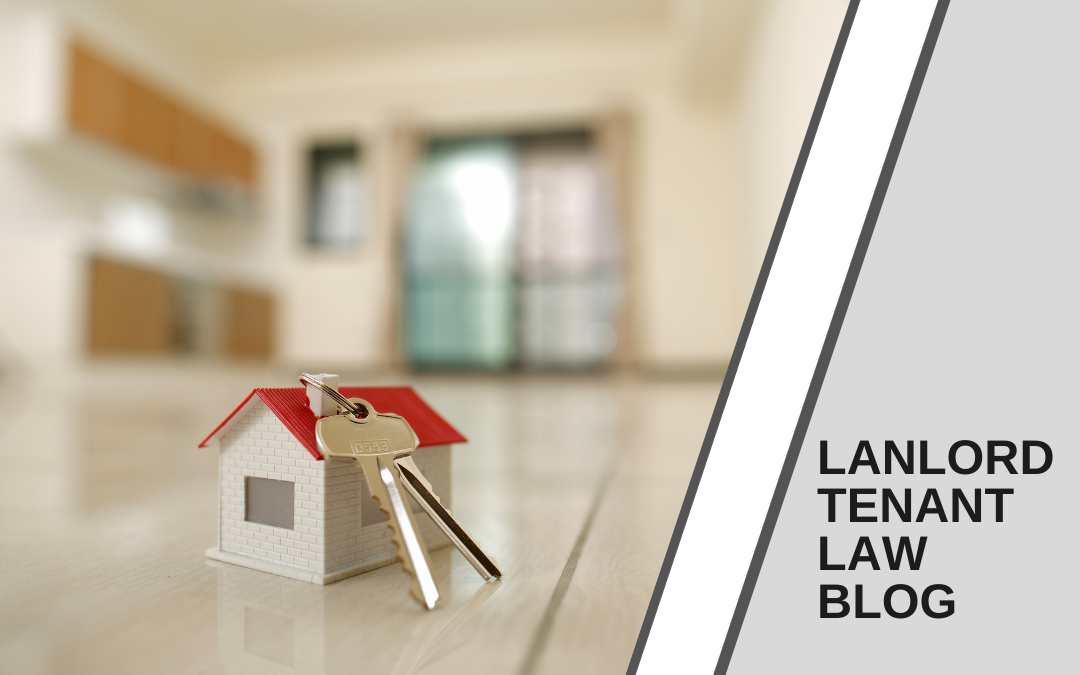
Frequently Asked Questions About Landlord Tenant Law:
What are the basic rights and responsibilities of landlords and tenants?
Landlords have a responsibility to provide habitable housing, maintain the property in good repair, and comply with all applicable building codes and safety regulations.
Tenants, in turn, are responsible for paying rent on time, keeping the premises clean and undamaged, and complying with the terms of their lease agreement.
What is the process for evicting a tenant?
The eviction process varies depending on the state or municipality in which the property is located. However, in general, landlords must first provide tenants with a written notice of eviction, which states the reason for the eviction and the date by which the tenant must vacate the premises.
If the tenant does not comply with the notice, the landlord may file an eviction lawsuit with the court.
What can I do if my landlord is not making necessary repairs?
If your landlord is not making necessary repairs to the property, you may be able to take action to force them to do so.
This may include:
- Sending a written notice to the landlord
- Withholding rent (in some cases)
- Filing a complaint with the local housing authority
What are my rights if my landlord enters my apartment without my permission?
Landlords generally have the right to enter their tenants’ apartments to make necessary repairs or to show the property to potential buyers or tenants. However, they must give tenants reasonable notice before entering the premises, except in emergency situations.
What can I do if my landlord is harassing me?
If you feel that your landlord is harassing you, it is important to document the incidents of harassment. This may include keeping a diary of the events, taking screenshots of harassing emails or text messages, or recording any verbal threats.
You may also want to file a complaint with the local housing authority or contact a lawyer for legal advice.
What are the laws regarding security deposits in my state?
Security deposit laws vary from state to state. In general, landlords are required to return security deposits to tenants within a certain timeframe, minus any deductions for damages or unpaid rent.
What can I do if my landlord is withholding my security deposit illegally?
If you believe your landlord is withholding your security deposit illegally, you may want to file a complaint with the local housing authority or contact a lawyer for legal advice.
What are my rights if my landlord refuses to return my belongings after I have moved out?
If your landlord is refusing to return your belongings after you have moved out, you may want to send them a written demand for the return of your property. If they still refuse, you may need to file a lawsuit in court.
What are the laws regarding rent increases in my state?
Rent increase laws vary from state to state. In some states, landlords are limited in how much they can raise rents each year.
What are my rights if my landlord is trying to force me to move out without cause?
Landlords generally cannot force tenants to move out without a valid reason, such as non-payment of rent or a violation of the lease agreement. If you believe your landlord is trying to force you to move out without cause, you may want to contact a lawyer for legal advice.
Please note that this blog post is not intended to provide legal advice. If you have any specific questions about your rights and responsibilities as a landlord or tenant, you should consult with an attorney in your state.
